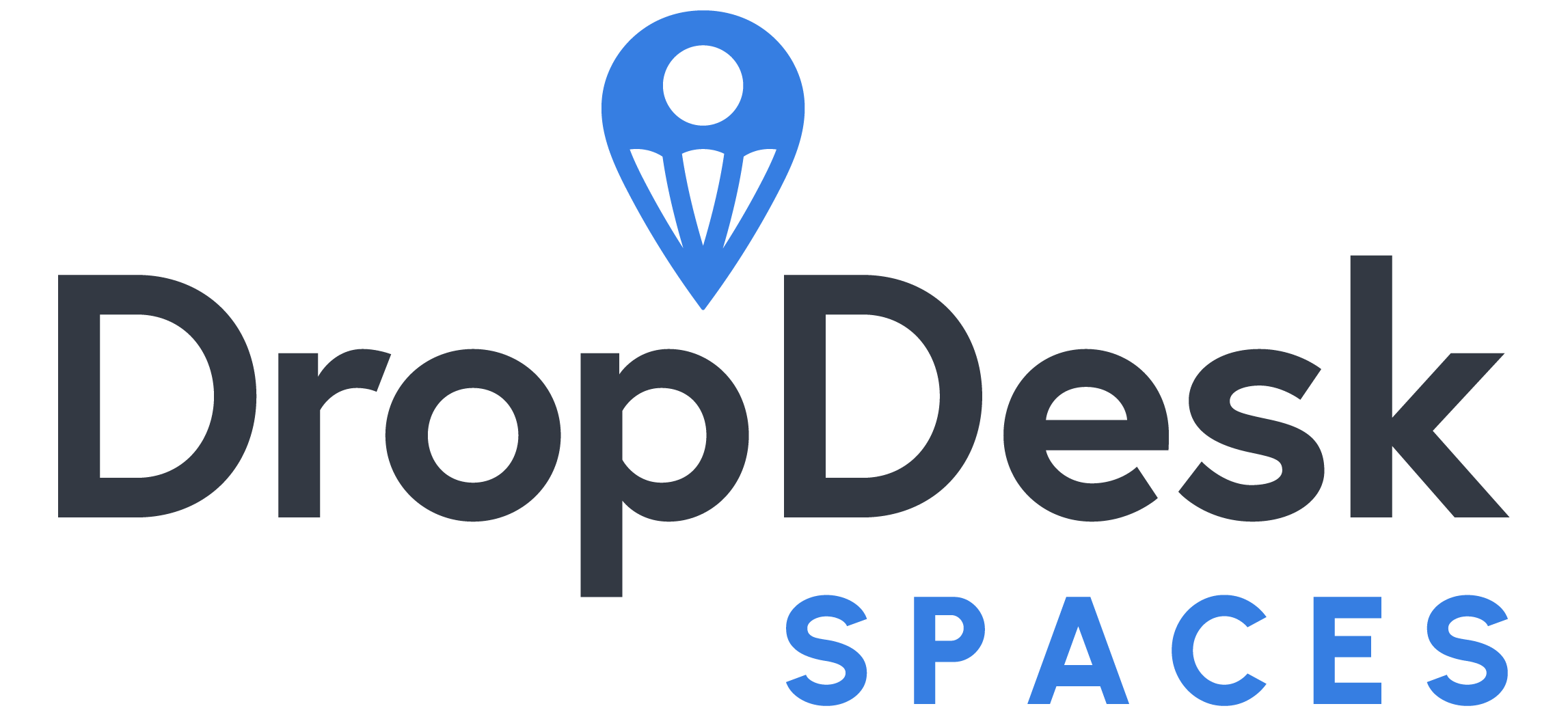Renting out your space can be a smart way to generate extra income or utilize an underused property. Whether you have a cozy studio or a large event hall, sharing your space with others demands careful legal planning. Knowing the legal landscape is crucial to a smooth and successful rental experience.
Understanding legal requirements and ensuring safety for your renters protects not only you but enhances guest satisfaction. It can feel overwhelming, but getting to grips with the basics helps avoid unexpected hiccups. By focusing on the essentials, you can create a welcoming and well-regulated space that meets everybody’s needs.
It’s important to dive into details, like contracts and safety measures, to protect yourself and your guests. Knowing what to look out for and having the right documents ready lays a solid foundation. Legal considerations aren’t just about following rules—they’re about building trust and setting expectations. This way, both you and your guests can focus on enjoying the space to its fullest.
Understanding Legal Requirements
Renting out your space comes with a set of legal requirements that can be daunting at first. Starting with contracts and agreements, it’s essential to have clear documentation of the rental terms. A well-crafted contract sets the expectations for both you and your guests. It should include details such as rental duration, payment terms, cancellation policies, and any restrictions on space usage. This contract acts as a reference point if any issues arise during the rental period.
Another crucial aspect is understanding zoning laws and regulations. Zoning laws are rules that dictate how a property can be used. They vary widely from one location to another. It’s important to ensure that your space’s intended use aligns with local zoning laws. For instance, using a property zoned for residential purposes to host events or commercial activities may result in fines or legal troubles. Check with your local zoning office to confirm compliance.
Additionally, various permits and licenses might be necessary, depending on the type of space and its intended use. Event spaces, for example, may require a special event permit, while more permanent rental arrangements could need business licenses. Make sure to research the specific requirements for your area and your space type. This ensures that you’re operating within the law and prevents any disruptions to your rental activities.
Key Clauses and Terms in Rental Agreements
Drafting a comprehensive rental agreement is key to ensuring a smooth rental experience. Several terms should be included to protect both parties involved. For starters, clearly define the rental period and costs. Specify the exact start and end time of the rental as well as payment amounts and due dates. This prevents misunderstandings and ensures a clear financial commitment from the renter.
Liability and insurance requirements are also vital in rental agreements. You should outline who is responsible for damages that may occur during the rental period. Whether it’s a broken chair or a plumbing issue, establishing responsibility is crucial. Consider requiring renters to have liability insurance or incorporating an insurance clause that details coverage for potential incidents.
Security deposits are another important aspect of rental agreements. They act as a financial safety net for any damages or breaches of contract. Clearly detail the terms regarding the security deposit amount, conditions under which it may be withheld, and the process for its return. Transparency in these matters helps maintain trust and can prevent disputes later on.
By securing these key clauses, you not only safeguard your space but also provide a solid structure for your rental process, promoting peace of mind for both you and your guests.
Compliance and Safety Standards
Ensuring compliance and safety standards are met is essential for maintaining a secure and trustworthy space. Health and safety regulations are designed to protect everyone using your space. This includes maintaining cleanliness, ensuring safe electrical wiring, and providing fire safety equipment like extinguishers and smoke detectors. Regular checks and maintenance help prevent accidents and show guests that their safety is a priority.
Accessibility is also a crucial consideration. All rented spaces should be accessible to individuals with disabilities. This might involve features like ramps, accessible bathrooms, and appropriate signage. Ensuring accessibility not only complies with the Americans with Disabilities Act (ADA) but also opens your space to more people, increasing its usability and appeal.
Emergency preparedness is another pivotal part of compliance. Make sure your space has clear emergency exits and routes, visible signage, and an easy-to-understand emergency plan. Regularly train your staff or volunteers on these protocols if applicable. A well-prepared space not only meets legal requirements but also offers peace of mind to you and your guests.
Protecting Your Rights and Assets
Safeguarding your rights and assets requires a proactive approach. Consulting with legal professionals can offer invaluable insights into the specifics of your rental agreements and how to protect yourself legally. Legal experts can aid in ensuring your contracts comply with laws and are fair and comprehensive.
Regularly updating your rental agreements is essential as laws and circumstances change. Keep your agreements current by reviewing them annually or when substantial changes occur in your operations. This prevents outdated terms from causing potential issues and keeps everything aligned with your legal requirements.
Managing disputes and resolving conflicts are also part of protecting your interests. Have clear procedures in place for handling disagreements. This might include mediation or legal arbitration clauses. Clear communication and documented processes can often resolve issues before they escalate. By having a plan, you’re also better prepared if an issue does arise.
Conclusion
Navigating the legal landscape of renting out a space might seem daunting, but with the right preparation, you can manage these challenges efficiently. Understanding legal requirements, ensuring compliance with safety standards, and safeguarding your rights are key elements in creating a successful rental experience. These practices help build trust with your guests and protect your property and investment.
By staying informed and proactive, you ensure your space is welcoming, safe, and legally sound. This creates a positive and professional image, attracting more guests and fostering long-term success. Being thorough in your preparation not only meets legal obligations but enhances the rental experience for everyone involved.
Ready to maximize the potential of your underutilized office coworking space? Discover how DropDesk can simplify your journey with tools designed to optimize your rentals. Our platform helps you manage bookings, ensure compliance, and create an inviting space for your guests. Unlock the full potential of your space with DropDesk today!





